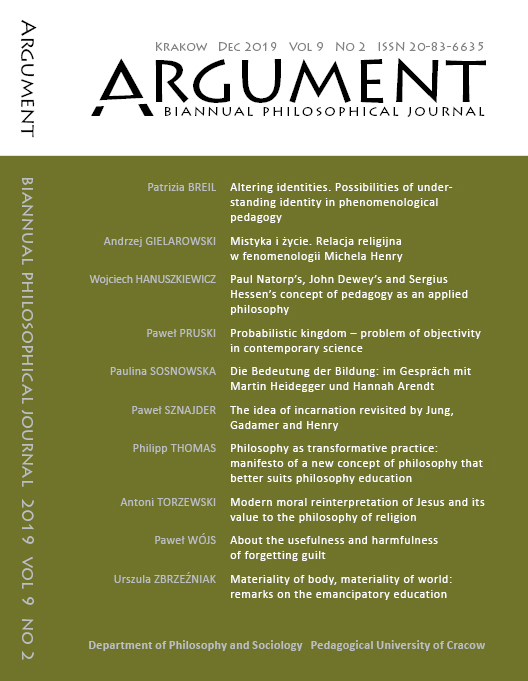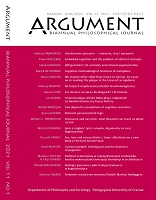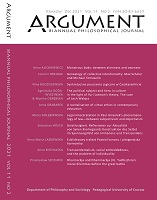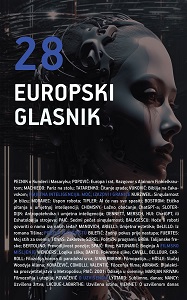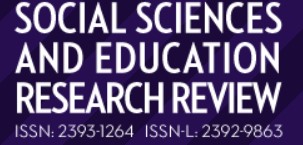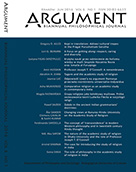
Krytyka nauki przez odniesienie do holizmu wiedzy w myśli Seyyeda Hosseina Nasra oraz Ismaila al‑Faruqiego
The paper presents a cognitive, educational and philosophical strategy, sometimes called reconstructionism (as it denotes efforts to reconstruct knowledge and science), proposed by a number of Muslim authors as a proper reaction to modern science. The pre modern background for this reaction is highlighted. Two examples are given: the Islamic science idea by Seyyed Hossein Nasr, and the Islamization of knowledge project by Ismail Raji al Faruqi. Their critique of Euro Atlantic science is based on its perceived effects on society and morality (secularization, imperialism and colonialism, cruelty towards laboratory animals, etc.) as well as on tawhid, the Islamic idea of unity. Their main postulates are to stop calling modern science objective and universal because this is a purely Western product; to produce an alternative indigenous science; to make science conform with Islamic doctrine and ethics; to reintroduce holism and sapiential aspects of knowledge into science. Critical voices, both Muslim and non Muslim, are quoted. All in all, reconstructionism is evaluated as a movement understandable to some extent but inefficient and idiosyncratic, unable to start objective and interesting research programmes on its own.
More...
